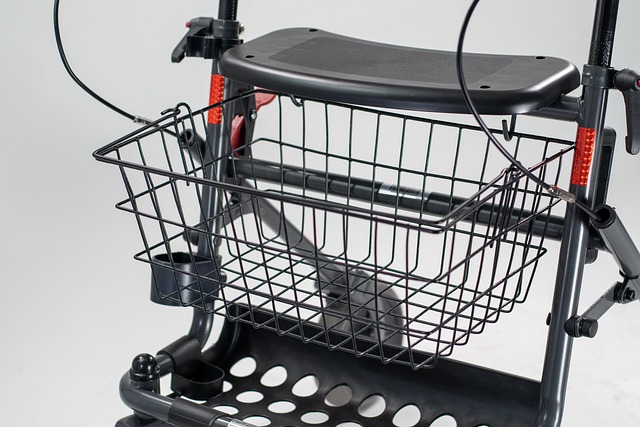Revolutionizing Transportation: How Zero Waste is Changing the Mobility Game
In recent years, the transportation industry has faced a reckoning. The pressures of climate change, urban congestion, and a growing population have ignited a revolution—one that is steering us towards sustainable solutions. Central to this transformation is the concept of zero waste, reshaping not just how we think about mobility, but also how we engage with our cities and communities.
The Essence of Zero Waste in Mobility
At its core, the zero waste philosophy is about more than just reducing garbage. It’s a holistic approach that promotes sustainable practices, rethinking the lifecycle of products and services. In the realm of mobility, this translates into innovative transportation solutions that prioritize the reduction of waste and environmental impact while enhancing user experience.
Innovative Solutions in Zero Waste Transportation
Today, we witness an emergence of technologies and practices that embody the zero waste ethos. Electric vehicles, car-sharing platforms, and public transport initiatives are at the forefront of this movement.
- Electric Vehicles (EVs): These vehicles are designed to not only minimize emissions but also reduce the need for fossil fuel extraction and lower lifecycle waste through the use of eco-friendly materials.
- Car-Sharing Platforms: By promoting shared mobility, these services reduce the number of vehicles on the road and lower overall waste produced from manufacturing, maintaining, and scrapping cars.
- Sustainable Public Transport: Cities are investing in cleaner public transport systems that utilize renewable energy sources and recyclable materials, enhancing accessibility while minimizing waste.
Impact on Urban Design
As cities move towards implementing zero waste strategies, urban design is also evolving. Bicycle lanes, pedestrian pathways, and green spaces are being integrated into the urban landscape, encouraging people to opt for eco-friendly modes of transport. This shift not only cuts down waste but also fosters a stronger sense of community and connection with our environments.
Raising Awareness and Changing Mindsets
The transition to a zero waste mobility system requires collective effort and a change in mindset. Communities are becoming more aware of their environmental footprint and are seeking opportunities to contribute to this sustainable revolution. Initiatives such as car-free days, community bike rides, and educational campaigns help bridge the gap between awareness and action, encouraging citizens to engage in practices that promote sustainability.
Looking Ahead
The future of transportation is one where the principles of zero waste are seamlessly integrated into our daily lives. As more cities adopt these practices, we will witness cleaner, more efficient, and ultimately more enjoyable modes of transportation. The mobility landscape will not only evolve to meet our needs but also to respect and preserve the environments we inhabit.




